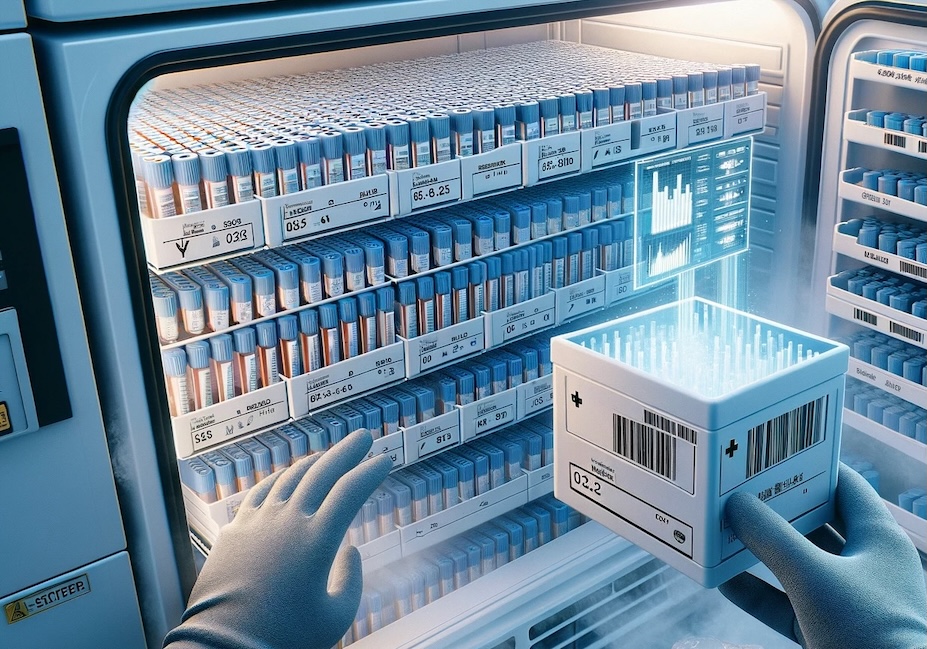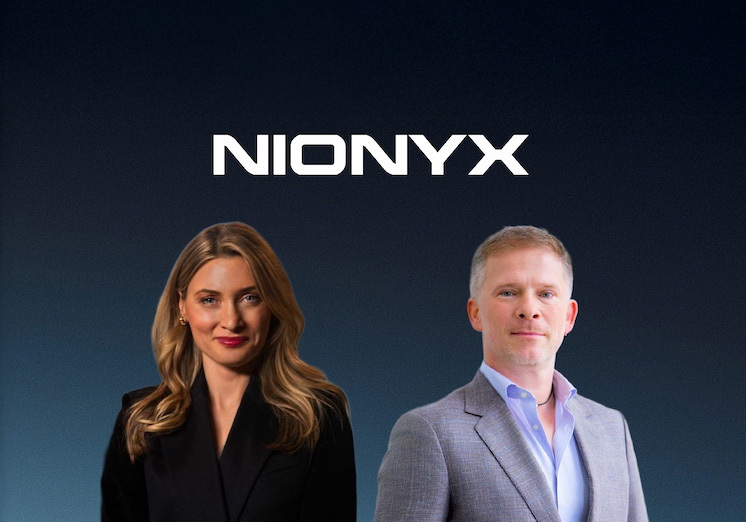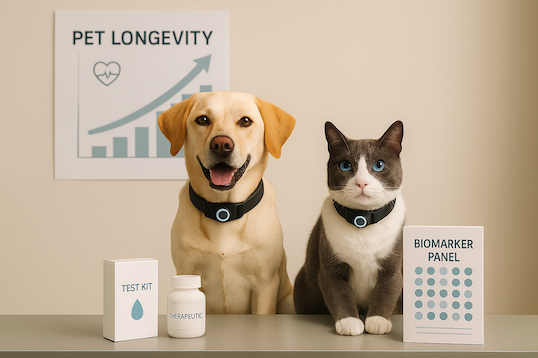Our Thesis on Biobanking
Biobanks are evolving from passive sample storage to active engines for insight generation. We see two complementary opportunities: the infrastructure layer that powers their operations and the intelligence layer that unlocks their value.

Last updated July 2025.
At 2048 Ventures, we are obsessed with the future and invest at the intersection of data and technology. Biobanks increasingly reflect that intersection, and are becoming foundational to how we discover, develop, and personalize medicine.
From research and clinical care to the personal banking of cells for fertility and regenerative medicine, modern biobank platforms manage not just biospecimens but also the complex data and workflows that surround them.
We see two complementary opportunities in this space:
- Next-generation operating systems tailored for biorepositories and designed to:
- Support emerging types of biological information
- Ensure easy sample tracking and browsing
- Guarantee security and authenticity
- Evolve into a network or marketplace, enabling secure exchange and access.
- Platforms turning biobanks into insights engines by assembling rich, longitudinal, structured datasets, with an analytics layer to power discovery and development.
From Storage to Insight
We believe the next wave of value in this space will not come from owning samples alone, but from the ability to interrogate them intelligently and repeatedly. The most compelling companies will:
- Secure proprietary access to both samples and data, enabling re-interrogation as technologies evolve.
- Build robust infrastructure for clean, harmonized, and queryable datasets.
- Develop deep biological and clinical expertise to surface non-obvious insights.
Importantly, as more datasets become public or semi-public, proprietary datasets must go deeper to remain differentiated through longitudinal follow-up, rare cohorts, or richer phenotyping.
We see three viable starting points for companies in this space. In all cases, deep technical expertise and tight alignment with clinical and pharma users are essential to establishing a moat:
- Starting within an academic biobank where there is already access to samples, initial intellectual property, know-how and often pre-identified targets (e.g., Prometheus).
- Focusing on cleaning, harmonizing and analyzing biobank-linked data across sources, creating a backbone others can build upon (e.g. Owkin).
- Using a diagnostic or clinical decision support tool as a Trojan horse able to generate biospecimens and metadata as a byproduct. This path enables a built-in clinical feedback loop and allows startups to get paid to generate data (e.g. Tempus).
Pain Points and Opportunities Created
Biobanks are often built in isolation and run on outdated infrastructure, creating a fragmented and hard-to-navigate landscape. Discovering and procuring samples and data is time-consuming, leading to underutilization. Yet long-term sustainability for biobanks depends on their ability to recover operational costs. There is an opportunity for intuitive software tailored to biobanks and a “universal digital one-stop shop” for sample discovery and procurement.
Samples are often treated as single-use assets, which limits their potential to generate insights in the future. Even when re-analysis is technically possible, fragmented consent tracking and unclear governance make it difficult to revisit specimens over time. There’s an opportunity for infrastructure that enables future re-analysis as new assays and technologies emerge.
As data becomes more multi-modal, longitudinal, and sourced from multiple biobanks, researchers are left with massive, complex datasets that are difficult to work with. There is an opportunity for better data harmonization and insight delivery platforms that allow dynamic exploration and hypothesis generation at scale.
Companies We Want to Meet
We believe there is room for a new generation of platforms: intuitive, purpose-built tools that not only manage the complexity of modern biospecimen collections but also unlock their full potential.
These companies require founders with strong technical depth and domain fluency across biobank operations, omics, and data science.
We’re looking to back teams working on:
- Category-defining vertical biobanks with deep sample and data capture in underserved areas (e.g., chronic diseases, diseases of aging, reproductive and women’s health), becoming the default partner for biomarker discovery, drug development, and more.
- Robotics-enabled infrastructure, including automated systems for sample storage, retrieval, and handling to improve scalability, reduce human error, and integrate seamlessly with digital platforms.
- Next-gen biobank OS platforms, replacing legacy tools with intuitive, modular systems that serve as the system of record for biospecimens. These platforms support emerging biological data types, consent tracking, and sample re-interrogation, and offer a secure API for third parties to search, access, and analyze samples and data.
- Platforms assembling enriched, queryable and unique human datasets. We are particularly interested in datasets that uncover insights into protective biology, or enable novel subtyping of diseases to supercharge target identification.
If you are a founder rethinking biobanking infrastructure or turning biobanks into insight engines, we'd love to connect: 2048.vc/pitch-us
Subscribe to our newsletter
Signup to get blog posts with our investments, theses and important announcements from 2048 Ventures.


